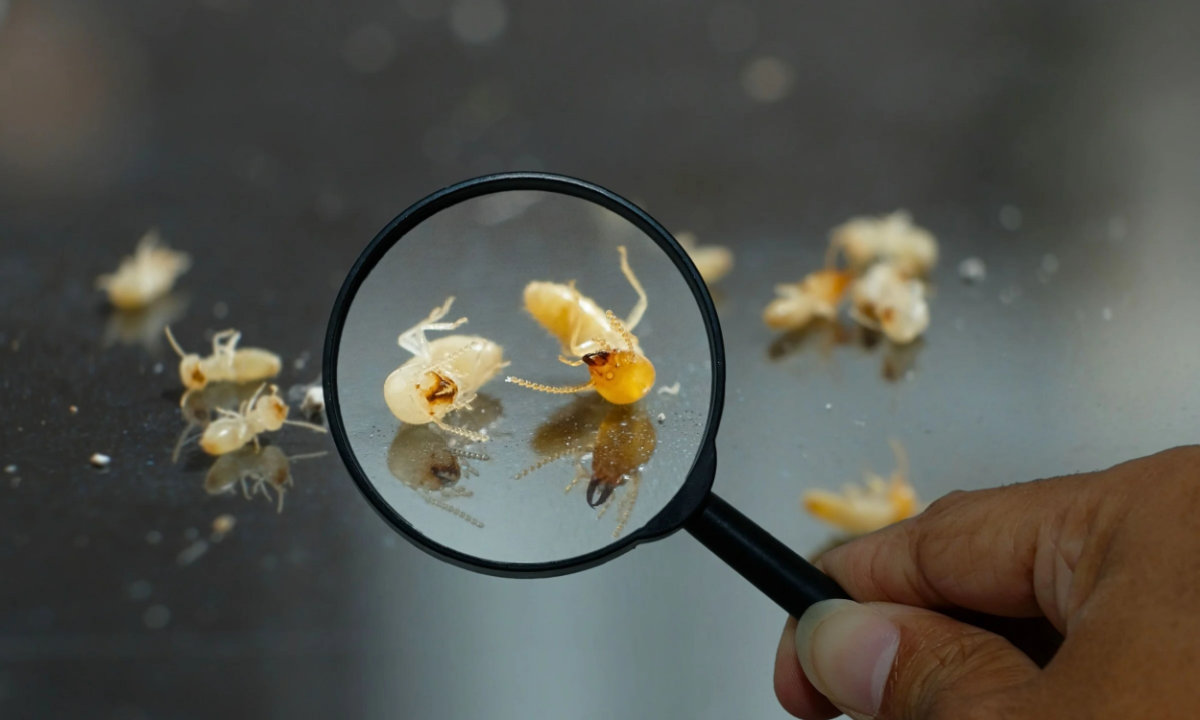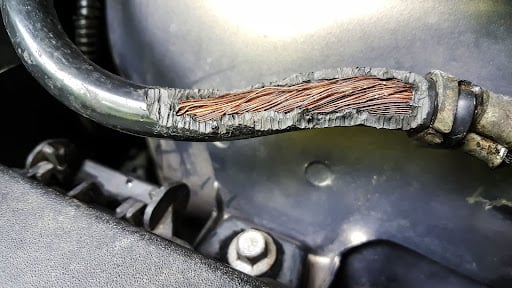The DIY ethos has permeated every industry and bit of culture imaginable. From DIY home projects to DIY artisans and artists, it’s easy to think that many projects can be completed with a quick YouTube video and some elbow grease.
Nevertheless, there are special circumstances where professional assistance should be recommended.
In the pest control industry, there are countless instances where people have failed to control an infestation using DIY methods and call for emergency services.
When one factors in the types of chemicals used for pest control and the health risks many pests carry, it’s almost always safer and easier to call your local exterminator.
With that said, there are some instances where DIY pest control can be effective and more affordable.
So let’s discuss how and when to decide between DIY and professional pest control services.
DIY vs. Professional Considerations
When dealing with an immediate threat posed by a pest, deciding between DIY pest control methods and contacting your exterminator will depend on a few factors.
Pest Type
Identifying what pests you are dealing with will allow you to assess your available options and diagnose any immediate health or safety threats.
For instance, many pests can be handled using fairly standard DIY methods, such as:
- Ants
- Mosquitos
- Rodents (in most cases)
- Fleas
- Spiders (depending on species)
- Silverfish
- Stink bugs
- Beetles
Of course, the level of infestation will also influence whether or not greater control methods are required.
However, many pests are very difficult and dangerous to control using standard DIY methods, including:
- Cockroaches
- Bed bugs
- Scorpions
- Wasps
- Termites
- Snakes (depending on species/severity)
Certain pests, like cockroaches and bed bugs, are almost entirely impossible to eliminate DIY, while others, like termites, require special attention because they can damage your house.
After identifying the type of pest, you’ll need to run an inspection to see how many you have.
Level of Infestation
One reason I recommend professional assistance is that most people don’t know where to look or how to inspect for various pests.
Inspections may not be required in some instances, such as for ants, but most pests should require them.
So without an inspection by a professional, it’s hard to determine your level of infestation.
However, if you are dealing with several rats, spiders, ticks, or silverfish, then it may warrant hiring a pest control expert.
Furthermore, many pests, like termites and cockroaches, are social. If you find one in your home, chances are there are more lurking, and you’re already infested.
Available Pest Control Methods
It’s also important to factor in what kind of pest control methods should be used for an infestation.
There are generally a few different kinds of pest control methods available, which include:
- Prevention: Prevention is best used before an infestation, but it could include erecting physical barriers and cleaning up clutter.
- Chemical pesticides: Pesticides are highly effective but best used by a professional.
- All-natural methods: Products like neem oil and essential oils are effective against some pests and are popular among DIY crowds.
- Traps: Rat traps, bug zappers, and anything that kills on contact can be effective against pests.
- Biological: Using spiders, birds, or cats as natural predators can help curb pests.
Some pest control methods are very effective for DIYers but are best used for certain pests and before infestations grow.
For example, bug zappers and dichotomous earth may be good against silverfish and mosquitos, but an infestation of termites will require chemical termiticides.
At that point, applying these methods comes down to the safety and security of these products and their use.
Safety
While pesticides are generally safe, professionals or experts should handle most pesticides. Misapplication could put you and your pets at risk–not to mention it won’t be as effective.
On the other side, the immediacy of the threat to you and your health will also factor into whether or not it is safer to DIY a project or contact an exterminator for emergency services.
Cost
Now for the most important consideration, the cost. Most DIY methods will be more affordable short-term than initial treatment from an exterminator.
For example, Angi’s List estimates the average cost of professional cockroach treatment between $100-$600. Of course, you can find a household pesticide designed for cockroaches from anywhere between $25-$50.
However, you’ll need to factor in efficacy regarding one or the other option. DIY sprays may mask the problem but often don’t address the root.
Over time, you may end up calling your exterminator anyway and incur damage the longer you let an infestation run in your home. Generally, the longer you wait to call your exterminator, the more you should expect to pay, largely tipping the cost in favor of professional services.
Convenience
Finally, you need to factor convenience and time into this decision. I don’t just mean the time taken to assemble your products and apply them but also the time it will take for your home to feel normal and secure again.
As much as pests physically threaten your health, they can be mentally taxing. Take that into consideration when deciding between proffesional or DIY services.
DIY Pest Control Perks and Obstacles
DIY pest control does provide some advantages, although there are several caveats to be aware of.
Benefits
- Often effective enough at combatting certain pests
- More affordable than professional services
- Option to use natural products
Obstacles and Hazards
- Not guaranteed to work
- Requires special handling of chemicals
- May not address root problems
- Could be more costly over time if ineffective
- Increases your risk of bites and exposure to pests
Additional Benefits of Hiring a Professional Exterminator
Aside from the higher upfront cost, there is very little downside to hiring a professional exterminator.
Not only are they guaranteed to be delivered effective service, but many exterminators offer additional services, such as inspections and monthly pest control maintenance plans.
Overall, the benefits of professional pest control for bugs like termites, roaches, rodents, wasps, and bed bugs far outweigh many DIY methods.
The Importance of Prevention
Finally, when discussing pest control, we can’t fail to mention prevention.
Ultimately, you can skip the decision between professional or DIY pest control by implementing a few preventative pest control methods, such as sealing barriers and cleaning up any clutter.
Furthermore, your local exterminator will offer you some helpful preventative advice after treatment or an inspection to ensure your home remains pest free.
It’s clear that the benefits of hiring a professional pest control expert outweigh many DIY methods, especially when they come to tough bugs like roaches and termites. Even if you are still committed to trying DIY treatment options out, I highly recommend hiring an exterminator for an inspection and just some friendly advice.



